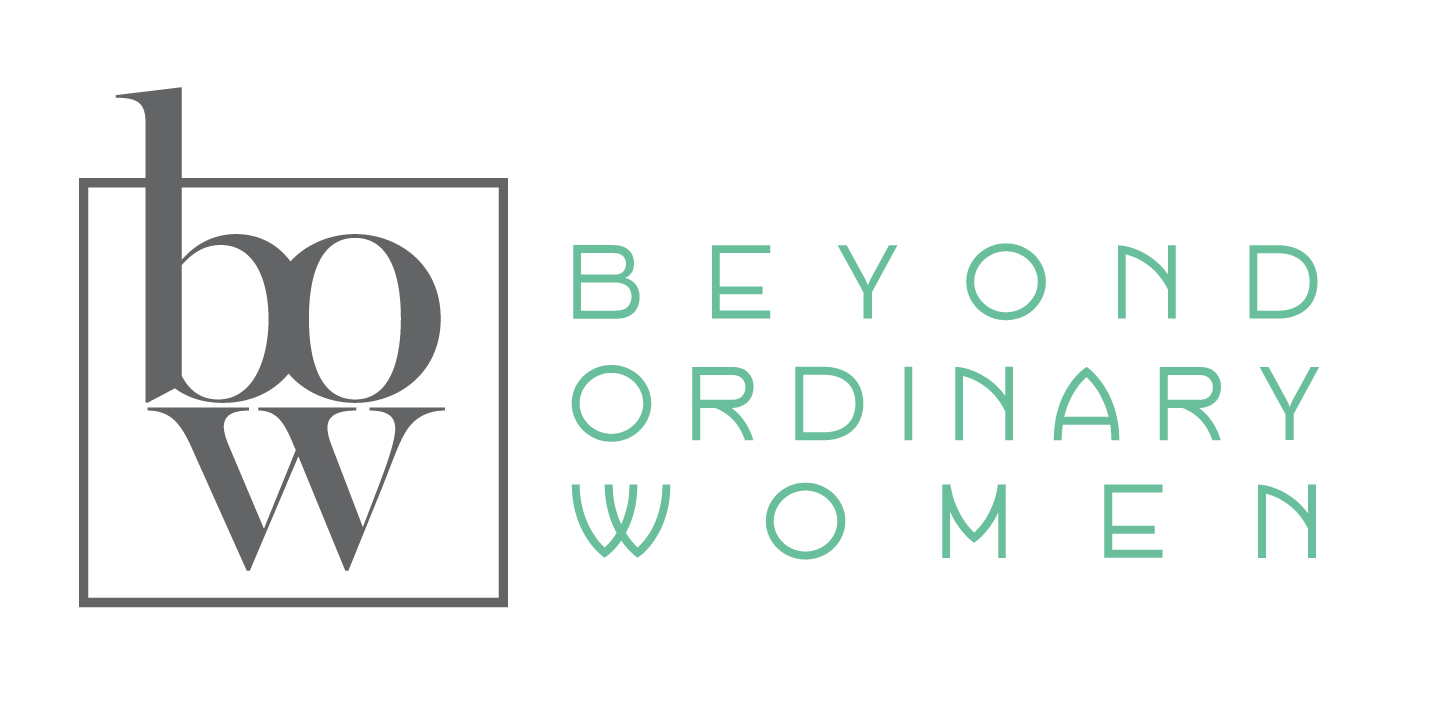Although we all know that a balanced diet is the best way to eat, we often ignore it. We like our favorite foods, even when they aren’t good for us. And I am certainly guilty of eating fun foods and ignoring the rest! Although I like the healthy results, I don’t want to eat healthy to get there.
The same is true of our minds and what we feed them. It’s easier and more fun to read and watch what is agreeable to our palates. It is difficult to balance what goes into our brains when it means working to think well about the pros and cons and even allow our beliefs to be challenged.
All of us should read outside our boxes. Yes, as followers of Christ we need a biblical worldview, but we need to work to be sure our thinking really is biblical and sound—and whether some of it is simply cultural. The truth is that we come to the Bible with biases. Church history is full of examples of theology gone wrong when leaders simply adhere to the party line without an open mind to the Scriptures.
It’s hard to go against our culture and our groups. So we take the easy road and don’t challenge ourselves at all.
Over the past twenty years I have done far more reading and thinking outside of my cultural church box, and it has been both very hard and somewhat liberating. Most of what I grew up believing has been confirmed, but a few serious differences have developed. Those differences may have upset my parents and surely make me an oddity within my circle of long-time friends.
How can we be so sure we are right if we only eat what we agree with biblically, politically, and culturally? Without a balanced diet of challenging ideas, we end up as Pharisees, seeing ourselves as the only right people and feeding our arrogance.
So to make some practical suggestions: Read some posts with which you expect to disagree. Read on political issues from both sides. Seriously listen to perspectives from a variety of churches. Make friends with diverse people. Recognize the fears underlying your positions. Do a Bible study in a format where you aren’t fed someone else’s beliefs but grow your own (i.e. no fill in the blanks, reading too much of the author’s opinion, or listening to her first before you discuss). Open your heart for God to change your perspectives where needed.
Even when my study didn’t change my thinking, I became more understanding, more gracious, and less critical of others. Many issues aren’t quite as clear as we make them, so I hold them now with more humility, knowing that my background, culture, and tendency to protect and fuel self works against the truth.
Let’s all eat a balanced diet so what we believe is truly biblical.
